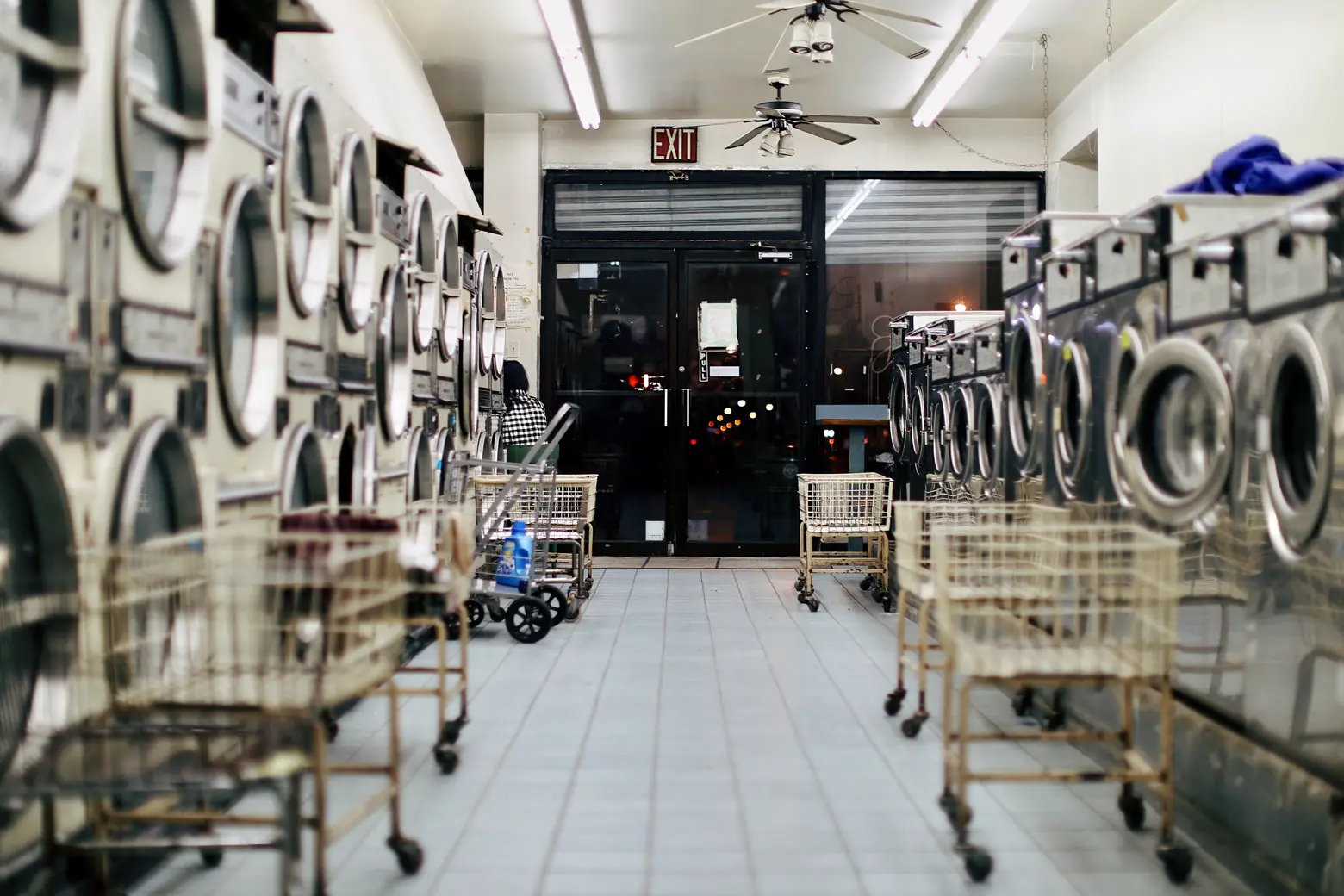The full list of New York’s essential services

Photo by Bianca Jordan on Unsplash
Earlier today, Governor Cuomo announced “New York State on Pause,” a new executive order aimed at flattening the curve of the coronavirus spread across the state. A big part of this order is a 100 percent closure of non-essential businesses statewide, (effective 8pm Sunday), meaning that all non-essential employees must either work from home or not work. Outside of the obvious answers like healthcare and grocery stores, many have been wondering what exactly the essential services are. Ahead, we’ve compiled the full list from the state to make this difficult time a bit easier.
According to Empire State Development, the list of Essential Businesses is as follows:
1. Essential health care operations including
- research and laboratory services
- hospitals
- walk-in-care health facilities
- veterinary and animal health services
- elder care
- medical wholesale and distribution
- home health care workers or aides
- doctor and dentist offices
- nursing homes, or residential health care facilities or congregate care facilities
- medical supplies and equipment providers
2. Essential infrastructure including
- utilities including power generation, fuel supply and transmission
- public water and wastewater
- telecommunications and data centers
- airports/airlines
- transportation infrastructure such as bus, rail, or for-hire vehicles, garages
3. Essential manufacturing including
- food processing, including all foods and beverages
- chemicals
- medical equipment/instruments
- pharmaceuticals
- safety and sanitary products
- telecommunications
- microelectronics/semi-conductor
- agriculture/farms
- paper products
4. Essential retail including
- grocery stores including all food and beverage stores
- pharmacies
- convenience stores
- farmer’s markets
- gas stations
- restaurants/bars (but only for take-out/delivery)
- hardware and building material stores
5. Essential services including
- trash and recycling collection, processing and disposal
- mail and shipping services
- laundromats/dry cleaning
- building cleaning and maintenance
- child care services
- auto repair
- warehouse/distribution and fulfillment
- funeral homes, crematoriums and cemeteries
- storage for essential businesses
- animal shelters or animal care or management
6. News media
7. Financial Institutions including
- banks
- insurance
- payroll
- accounting
8. Providers of basic necessities to economically disadvantaged populations including
- homeless shelters and congregate care facilities
- food banks
- human services providers whose function includes the direct care of patients in state-licensed or funded voluntary programs; the care, protection, custody and oversight of individuals both in the community and in state-licensed residential facilities; those operating community shelters and other critical human services agencies providing direct care or support
9. Construction including
- skilled trades such as electricians, plumbers
- other related construction firms and professionals for essential infrastructure or for emergency repair and safety purposes
10. Defense
- defense and national security-related operations supporting the U.S. Government or a contractor to the US government
11. Essential services necessary to maintain the safety, sanitation and essential operations of residences or other essential businesses including
- law enforcement
- fire prevention and response
- building code enforcement
- security
- emergency management and response
- building cleaners or janitors
- general maintenance whether employed by the entity directly or a vendor
- automotive repair
- disinfection
- doormen
12. Vendors that provide essential services or products, including logistics and technology support, child care and services needed to ensure the continuing operation of government agencies and provide for the health, safety and welfare of the public including
- logistics
- technology support
- child care programs and services
- government owned or leased buildings
- essential government services
The restaurant industry is still a question to mark many, but do note that they can remain open for delivery and takeout, and liquor stores can also remain open.




























